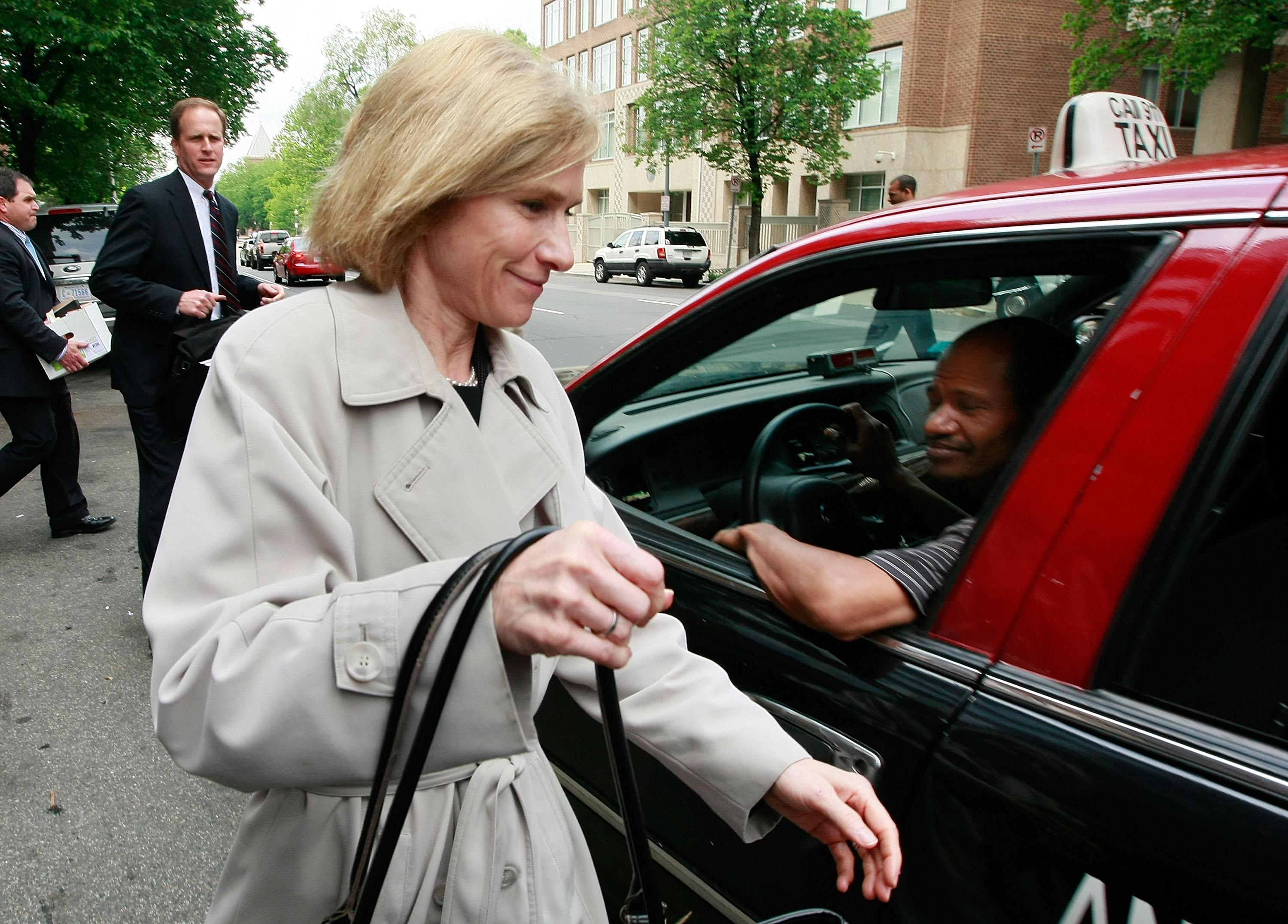I was reading two different things this morning that seem to me to be subtly related. One is Mike Tomasky’s big picture piece in Democracy urging progressives to do more to bolster public trust in government by publicly talking more about the virtues of the public sector. Another is Katie Rodgers’ piece about how taxi fares in the District of Columbia are going to go up. Let’s talk taxis.
As a bit of backstory here, basically all American cities regulate taxi cabs in various ways and to various degrees. But Washington DC has some of the lowest barriers to entry to the taxi market of any big city. Consequently, cabs are both widely available and relatively cheap. Still, fares are regulated by the DC Taxi Commission. And as long as you have a regulated fare system, you always need to be sensitive to the possibility that the fares are too cheap. After all, if you fix the price at an unduly low level people won’t want to drive cabs and the city will suffer from a taxi shortage. That, however, isn’t why the Commission is acting. Instead, the issue is that the previous mayor angered cab drivers by forcing them to abandon the city’s zone-based fare system and adopt meters. Then back during the 2010 mayoral primary, taxi drivers were a key source of support for challenger Vince Gray providing him with massive in-kind assistance in the form of driving people to the polls and such. Gray owed the cab drivers, so he’s doing them a favor and rising the prices they can charge. It’s not the biggest deal in the world, but it sure is aggravating. And it goes to show that it’s not just “big business” capturing the public sector and using it as an ATM. DC’s taxi drivers are overwhelmingly hard-working entrepreneurial immigrants, who are mostly trying to get ahead through honest toil. As far as rent-seekers go, they’re a sympathetic case. But it’s still bad for the city. And it will lead to bad things to come. If the cab drivers get fares set ant an inefficiently high level, they’ll find that too many cabs are going empty and they’ll start to try to create NYC-style barriers to entry. Over in the Big Apple the mayor is seeking some sensible reforms to a system that makes it extraordinarily difficult to find cabs across huge swathes of the outer boroughs, but pressure is mounting on the governor to veto reform.
Looping back around to Tomasky, I don’t think it’s a coincidence that in Sweden they have very high taxes, generous public services, a lot of redistribution, and unregulated taxis.
